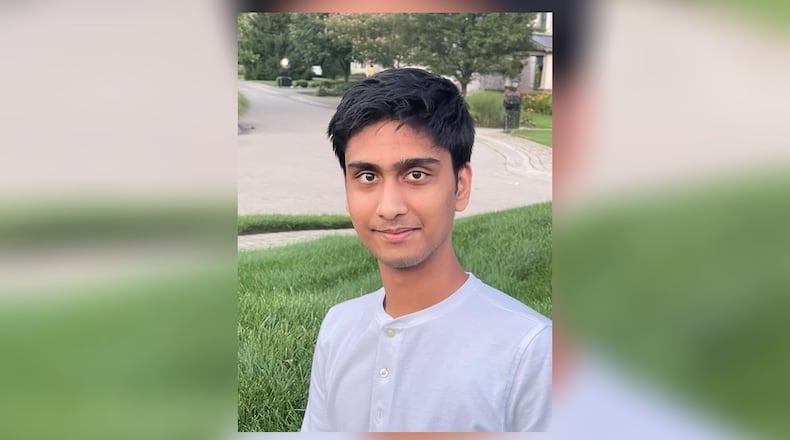Agarwal’s goal is to provide information in the most unbiased way possible. He’s not arguing for or against the vaccine, but instead wants to make sure the facts about it are made clear, he said.
“My entire point of the brochure is to make sure that the information that goes out there is accurate, and that it actually reaches people,” he said.
Included in the brochure is information about all approved COVID-19 vaccines, including Pfizer, Moderna and Johnson & Johnson. The brochure also addresses common vaccine myths, dispelling the rumor of a connection between vaccination and infertility and countering the argument that the available COVID vaccines were rushed, Agarwal said.
Dr. Dave Roer, a local pediatrician, has used Agarwal’s brochure as a tool to educate the patients at his practice. It’s crucial that members of Agarwal’s generation continue to inform themselves and others about the COVID vaccination process to mitigate skepticism about the issue, he said.
“Peers will tend to listen a lot more to peers,” he stated. “I think this kind of program and information gives more fuel to those young kids that may be able to go to their parents and say, ‘I’d like to do this, here are some facts and information a friend of mine gave me.’”
Yash’s project and others like it are instrumental in helping the Dayton region successfully eradicate COVID from its communities, he continued.
“The more accurate scientific, factual information we can spread so people get a better understanding of what this is and how it works, the hope is that more people will get the vaccine and be protective.”
Agarwal’s experience speaking at a Trotwood church was also indicative of how important starting a dialogue can be in helping people understand the vaccination process, he said.
“A lot of people just want to talk, and they want to have a discussion,” Agarwal stated. “I think when you listen to these communities and you listen to what their hesitations are, they will be a lot more receptive to what you are saying.”
Agarwal’s parents are immigrants to the United States from India. His family’s connection to the country, which continues to struggle mightily in the fight against COVID, has given him a more thorough understanding of both the severity of the pandemic and the importance of vaccine education, he said.
“I guess seeing what’s happening in India has given me an appreciation for what we’re able to accomplish here in the U.S., but it’s also shown how much people in America take what we have for granted,” he said.
The high numbers of discarded vaccine doses and people refusing the vaccine in America are unfortunate, especially when countries like India are struggling to vaccinate their citizens, he said.
“People just aren’t getting vaccinated,” he said. “It’s a very sad thing.”
Getting vaccinated shouldn’t be a political choice and there are risks involved, he said, but the benefits of doing so are clear.
“All vaccines have risks. You should get the vaccine if you feel it’s right for you,” he said. “When you get a vaccine, you’re protecting other people, you’re protecting yourself. When you make that decision, you are helping save American lives.”
About the Author
